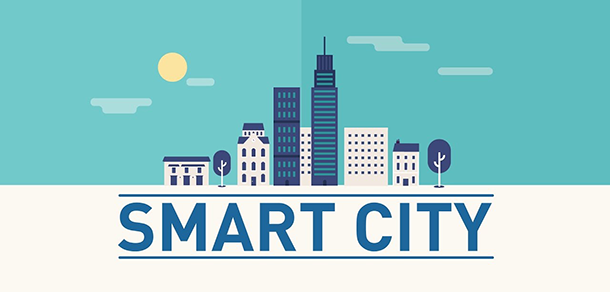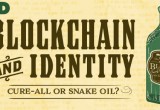New distributed ledger digital ID project faces a test in Taiwan
29 March, 2018
category: Corporate, Digital ID, Government
A distributed ledger digital ID project in Taipei city, the capital of Taiwan, represents a new frontier for the use of blockchain-style technology for secure authentication. The effort relies not on blockchain—the distributed ledger technology that underlies bitcoin crypto currency—but Tangle, described by its inventor as a “block-less distributed ledger which is scalable, lightweight and for the first time ever makes it possible to transfer value without any fees.”
With Taipei City always thinking ahead and with IOTA’s technology, this partnership is a strategic move to usher in the era of smart cities to the citizens of Taipei
The inventor, the IOTA Foundation, has partnered with Taipei to use Tangle to advance the capital’s “smart city” goals. The first work involves using citizens’ digital IDs with a built-in “TangleID” to make those cards harder for criminals to hack. The hope is that this will cut down on identity theft and voter fraud, better secure sensitive medical data and help prevent theft of government services. “Contrary to today’s blockchains, consensus is no-longer decoupled but instead an intrinsic part of the system, leading to decentralized and self-regulating peer-to-peer network,” the IOTA Foundation says in a whitepaper about Tangle and its uses.
“With Taipei City always thinking ahead and with IOTA’s technology, this partnership is a strategic move to usher in the era of smart cities to the citizens of Taipei,” said Wei-bin Lee, Commissioner of the Department of Information Technology in the Taipei City Government, in a press release.
Distributed ledger digital ID effort to reach beyond online authentication
The Taipei effort also seeks to go beyond digital ID. For instance, city authorities and the IOTA Foundation reportedly are using Tangle distributed ledger technology to create “palm-sized air sensors that detect temperature, humidity, light and pollution. These sensors, installed in citizens’ homes and 150 Taipei City elementary schools, will collect and share air quality data online, making it one of the most detailed environmental sensor networks in the world.”
Distributed ledgers create a data structure—like a chain—where records of every single transaction conducted via the technology exist. All such transactions are validated and then permanently archived in the cryptographic ledger or chain. The validation is done via a peer-to-peer process that is hugely computer-intensive. Among the appeals of distributed ledger technology—whether for use in digital ID or financial transactions such as bitcoin—is the possibility to upgrade aging back-end infrastructure, and do so without a central authority.
The rollout of distributed ledger digital ID solutions for secure authentication continues to gain increased attention. For instance, a blockchain-enabled traveler ID pilot that has the backing of Canada and the Netherlands seeks to confirm identities of certain international travelers and build their credibility, resulting in them spending less time in airport screening lanes.




